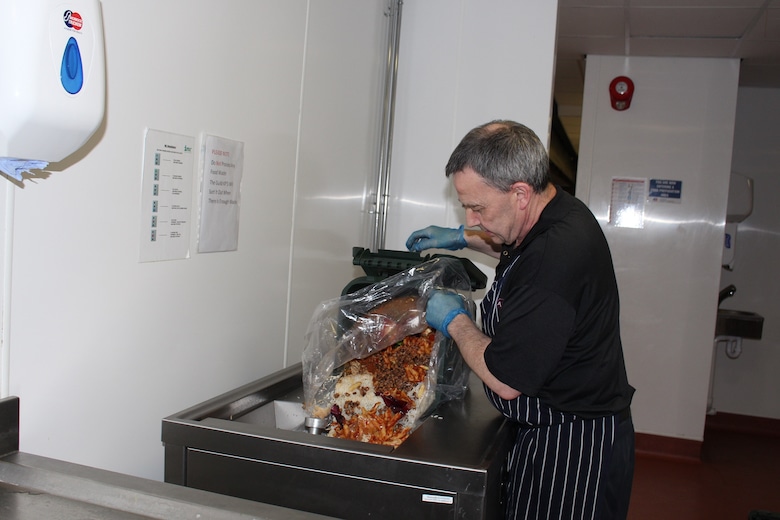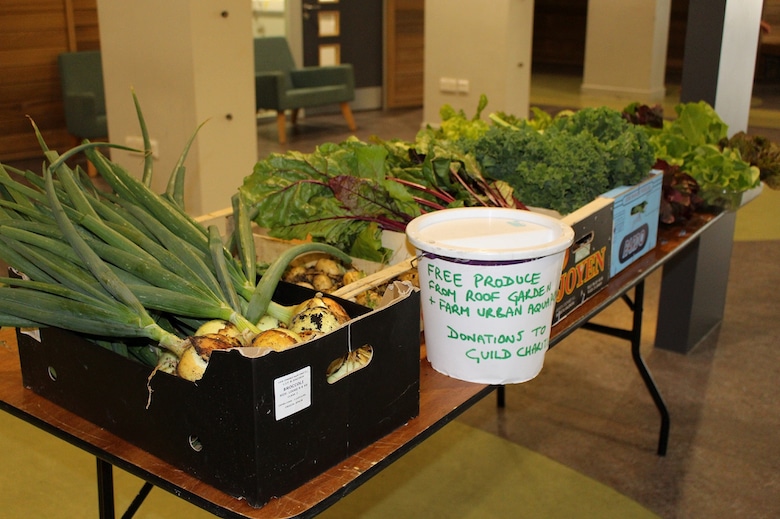The campus’s composting journey began in January 2015, when it invested in dewatering and composting equipment from Macclesfield organic waste solutions specialist Tidy Planet. It sought a solution to close the waste management loop, omit costly waste disposal fees and create a valuable resource to grow produce in the on-site rooftop gardens and cultivation plots.
The composter is able to process up to three-quarters of a tonne (750kgs) of food waste per week. And, the site’s sustainable waste management efforts also saw the organization shortlisted for the prestigious Green Gown Awards, in 2018.
Commenting on the achievement, Green Guild manager David Wheatley said: “We’re extremely committed to adopting and promoting sustainable practices here at The Guild, and boosting our green credentials is always high on the agenda.
“We’ve seen some fantastic results from composting over the past five years. It’s increased the site’s recycling rates, as well as attracted businesses from across the world to come and witness our urban farming model in action.”
To compost effectively – ensuring no waste contamination – The Guild has separate food waste caddies located in the campus kitchens. The content is then emptied into the dewatering equipment by kitchen staff – where moisture content and weight are reduced – before the resulting feedstock is fed into the composter to create a nutrient-rich resource, in 14 days.

The gardens are run by student volunteers, who use the areas to grow organic produce – which is then freely available for students and staff to consume.
David continued: “The composter enables us to implement an effective circular economy for our food wastes, as well as decrease our disposal collections and, in turn, reduce our carbon footprint.”
Huw Crampton, sales manager and composting expert at Tidy Planet added: “We love empowering organizations to manage their own organic wastes, and it’s amazing to see the results The Guild has experienced so far.
“Composting may be commonly associated with agriculture, but it’s vital that in today’s age of sustainable best practice, universities – and businesses alike – open their minds and recognize it’s never been easier to compost in the middle of a city.”



















